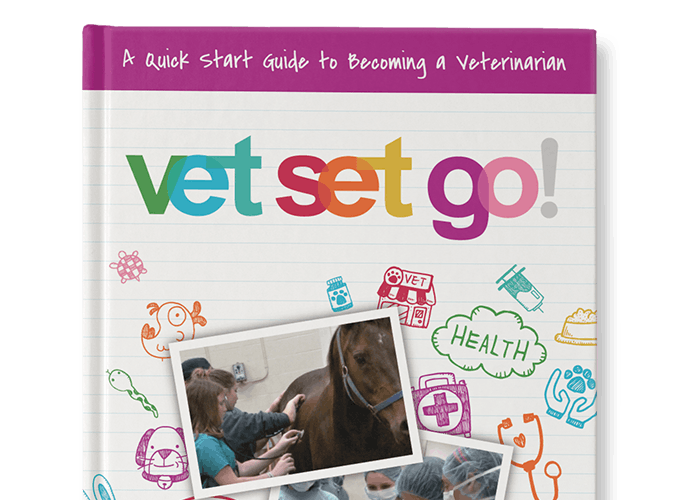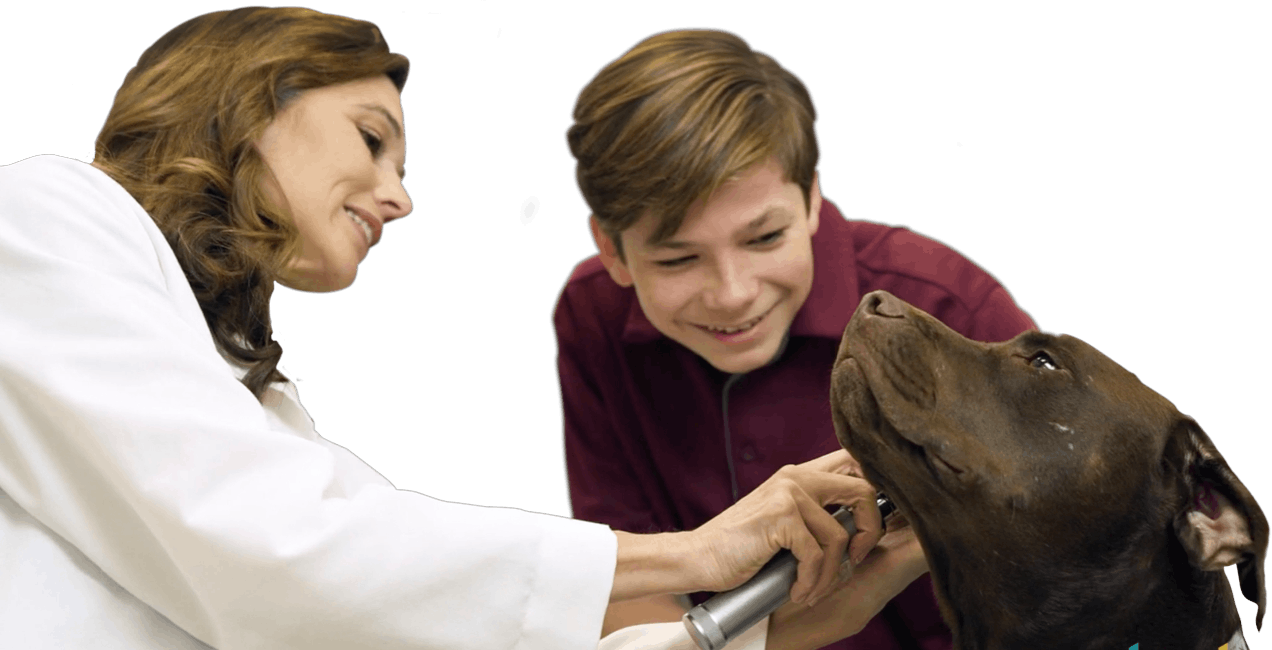ABOUT SHELTER MEDICINE
Shelter medicine is a newly recognized and rapidly growing area of veterinary medicine. While not officially recognized as a specialty by the American Veterinary Medical Association, there is not doubt that to be a successful shelter veterinarian one must have a special set of skills and training.
Shelter veterinarians work to keep a large community of animals healthy and this is no easy task. Animals in the kennel environment are at greater risk of disease due to the tight living arrangements and stressful circumstances they are in. At the same time, most animal facilities have adopted a much more compassionate attitude toward the individual dogs and cats under their care. This philosophy demands that each individual pet receive quality medial care. This means that a shelter veterinarian is always working hard care for the individual patient while making sure the entire population of animals stays healthy.
MEET DR. JENNIFER BROADHURST
As long as Dr. Jennifer Broadhurst can remember, she has always had a strong interest in animals. Growing up on a farm, she spent her childhood around horses, dogs and cats. At sixteen years of age, she started working at a humane shelter and her life changed. The experience was so rewarding, she decided then and there that she was going to become a shelter veterinarian.
“As a shelter veterinarian we have a large number of animals under our care. At any given time we have 350 to 400 animals in our facility”
Today, Dr. Broadhurst is the shelter veterinarian at the Jacksonville Humane Society and her job keeps her very busy. “As a shelter veterinarian we have a large number of animals under our care. At any given time we have 350 to 400 animals in our facility” She adds “My biggest challenge is keeping the animals healthy because a Humane Society is similar to a day care. Little kids in a day care get sick all time. They get colds. (And similarly) when you have hundreds of animals in one location they are going to get little colds here and there.” Even with its challenges, Dr. Broadhurst loves what she does saying “Seeing animals recover and go into a new home is just the most rewarding thing I can ever imagine. This is absolutely my dream job”.
What is her advice for future veterinarians? One of the things Dr. Broadhurst recommends is that aspiring veterinarians foster animals at their local humane society to get animal experience. “Fostering is something you can do with your parent’s help. You can take home puppies or kittens that are either too young for adoption or need medication. And you can learn about some of the basic illnesses puppies and kittens can get. To learn more about fostering, watch “Fostering at the Jacksonville Humane Society".
ABOUT THE VIDEO
In this video, you’ll go behind the scenes and follow Dr. Broadhurst as she cares for animals at the Jacksonville Humane Society. You’ll see that a shelter veterinarian must be an organized and efficient individual. They must have excellent surgical skills and be a strong team leader. A shelter veterinarian cannot tend to all of the animals in their care each and everyday. They rely on a strong medical team to be their eyes and ears throughout the facility.














Comments Add Comment
Catlover
Wow I am definitely thinking about becoming a shelter vet I mean you get to be around cats and dogs all day but would it be safe to have a pet?
Want to add a comment?
In order to comment you need to login or join Vet Set Go